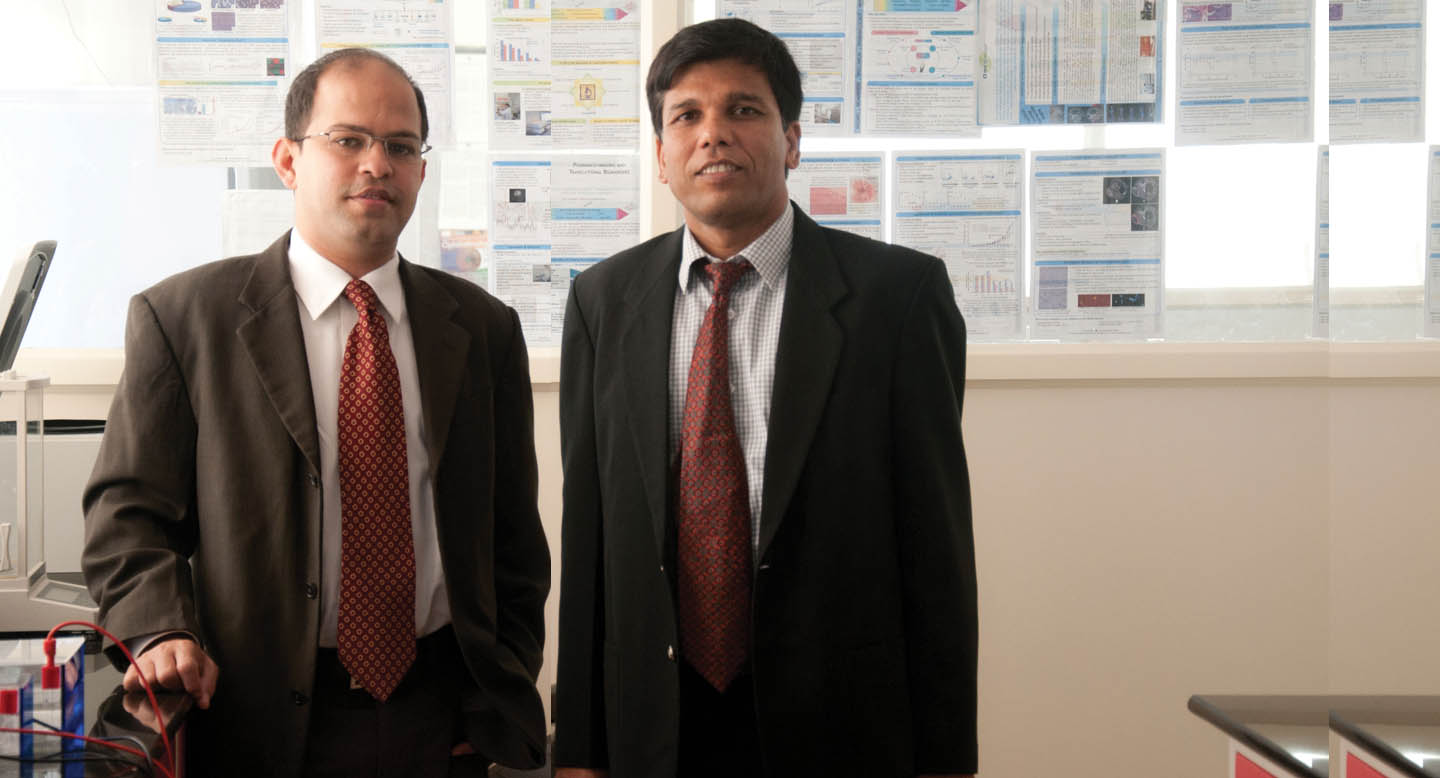An Indian medical technology firm, Mitra Biotech, is revolutionising cancer treatments in India and world over, with its kingpin technology, CANScriptTM, which offers personalised cancer therapy by matching drugs to cancer patients and vice-versa
Who Is Behind This Venture?
Dr. Mallik Sundaram, Dr. Pradip Majumder and Dr. Shiladitya Sengupta, the former faculty members of Massachusetts Institute of Technology (MIT) and Harvard University.
What Led To Its Creation?
One among the key challenges faced in cancer drug development is, the low success rate of taking the drug from phase one to market approval stage. Take for example, the report compiled by Biotechnology Innovation Organisation (BIO), along with business intelligence firms, BioMedTracker and Amplion. An analysis of a decade’s worth of drug data, from 2006 to 2015, reveals that cancer drugs have the lowest chance of approval, with just 5.1 per cent of these moving from invention to FDA approval stage.
Why So?
“This is not because the drug was not effective, but because of the way clinical trials are done. Why? Because, these drugs work on a very specific population, but we don’t know how to identify them,” notes Dr. Sundaram.
For example, when a patient has breast cancer, he/she can be treated with over 30 options. Unfortunately, the trial and error process leaves most patients physically and mentally exhausted and at times, out of options.
How Does Mitra Enable Tailoring Drugs to Patients?
It simplifies the search process by growing a patient’s tumour outside of his/her body, in a laboratory setting, so it can be treated with multiple drugs to test for efficacy. So far, it has developed this model for various solid cancers (that form discrete tumour mass) including breast cancer, colorectal cancer, pancreatic cancer, head and neck cancer, gastric cancer, cervical cancer, ovarian cancer, esophagus cancer, brain cancer and hematological cancers.
Where Are Its Impact Segments?
While Mitra’s initial plan was to develop a hub and spoke model, by setting up centres in Bengaluru, Mysore, Ahmedabad and New Delhi, it later pivoted into a more centralised model, with key R&D hubs setup in Bengaluru, Boston and in future in one of the European countries, with the focus more on leveraging technology to strengthen its logistical support (for example, to receive tumour samples in the right containers).
Mitra now has two models; a diagnostic model where it does fictitious drug testing and a co-developmental model where it works with global pharmas on clinical trials. In the former, while its clients comprise Healthcare Global (HCG) Group of Hospitals, Apollo Hospital-Delhi and Fortis Hospital-Delhi, in the latter model, it works with companies such as Momenta and ….
When Did It Raise Funding?
In August 2016, the company raised a Series-B of US $27.4 million, led by Sequoia Capital and Sands Capital Ventures, with participation from Boston-based RA Capital Management and existing investors Accel Partners and Tata Capital Innovations Fund. With this round, its total investments go to US $34.51 million across three rounds.
“Being an IP-driven company, our goal is not revenue but growth. WE will continue to pump funds into commercialising our technology and further investing into R&D,” shares Dr. Sundaram.
The Big Picture
In the process of ensuring that the patients are given the right drugs at the right time, Mitra is also envisioning a future where the cost of cancer drugs also slide to affordable rates. How? “Once clinical trials and diagnostic reports reveal which drugs suit which kind of body composition, more cancer-related drugs will be made available in the market, which means, the utility (through relevance and value creation) will be higher, and the prices will come down,” explains Dr. Sundaram.
